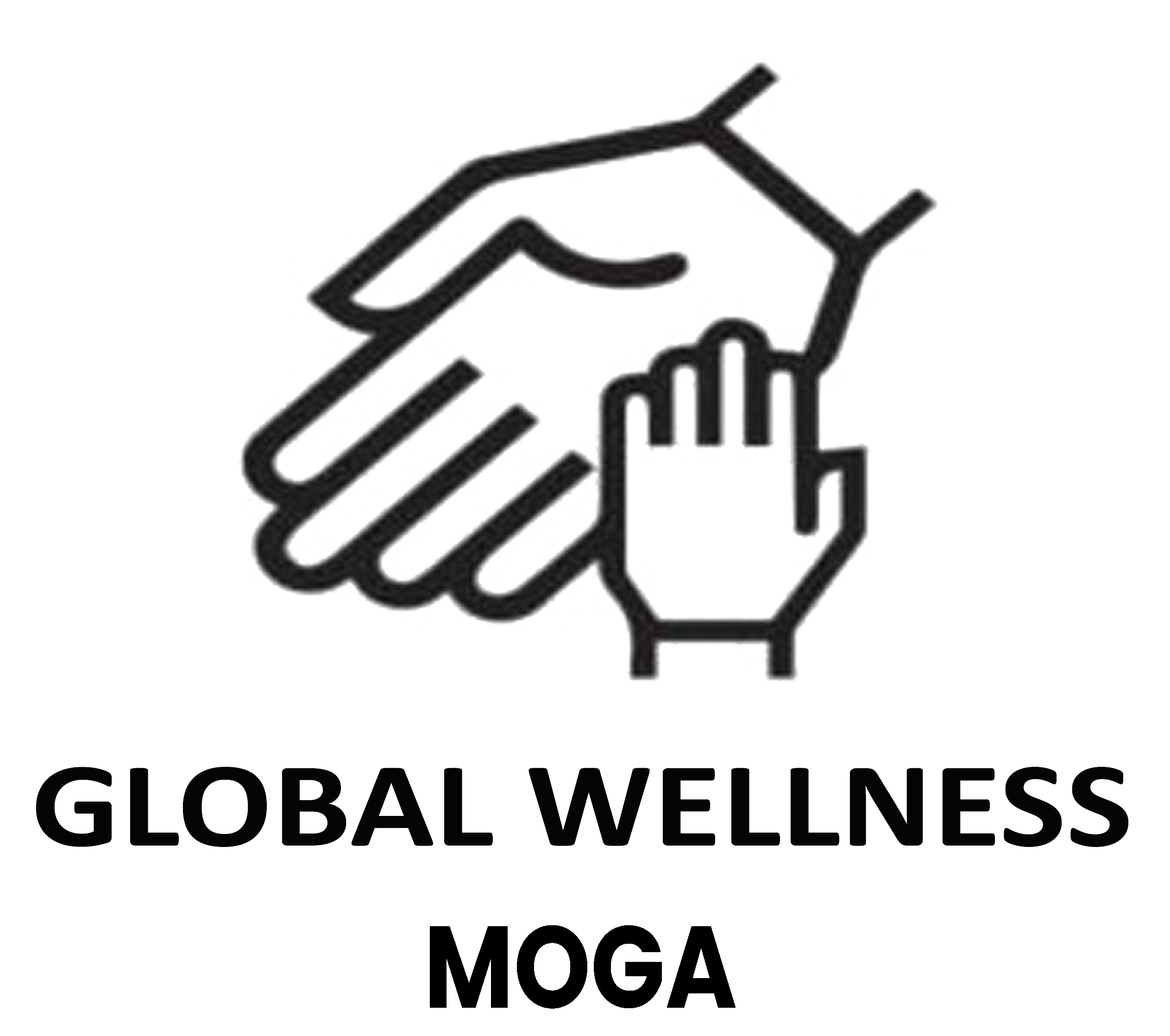A crucial problem that impacts millions of young people worldwide is child and youth mental health. Around 10% of children and adolescents worldwide suffer from mental problems, according to the World Health Organization (WHO).
In addition, research has indicated that by the time a person reaches the age of 14, half of all mental diseases have started (WHO Report). This shows how crucial it is to promote and treat children’s and teens’ mental health from an early age.
How to get your Child Assessed
The growth of your child will decide if they should get a teenage mental health assessment. To ensure that your child gets the most benefit from mental health consultations and therapy, however, you should be open and honest with them about your worries for their well-being.
Understanding your child best helps you to decide what and how much to communicate. Advice from your mental health specialist is also available.
Children 9-11 years
Preteens are primarily focused on matters about themselves and continue to think in pretty concrete ways. They can wonder if their friends and normalcy are identical to their own. They cherish friendships greatly and follow the standards set by their social group.
Understanding Diagnosis Results
Test results can be used to identify occult disease in asymptomatic people (screening) or assist in gad diagnosing symptomatic patients (diagnostic testing). If the tests were ordered correctly based on the clinical presentation, the results need to help rule out or confirm potential diagnoses. When a test fails to distinguish between individuals who have the suspected disease(s) and those who do not, or when the test result is not correctly incorporated into the clinical context, it might impede the clinical decision-making process.
